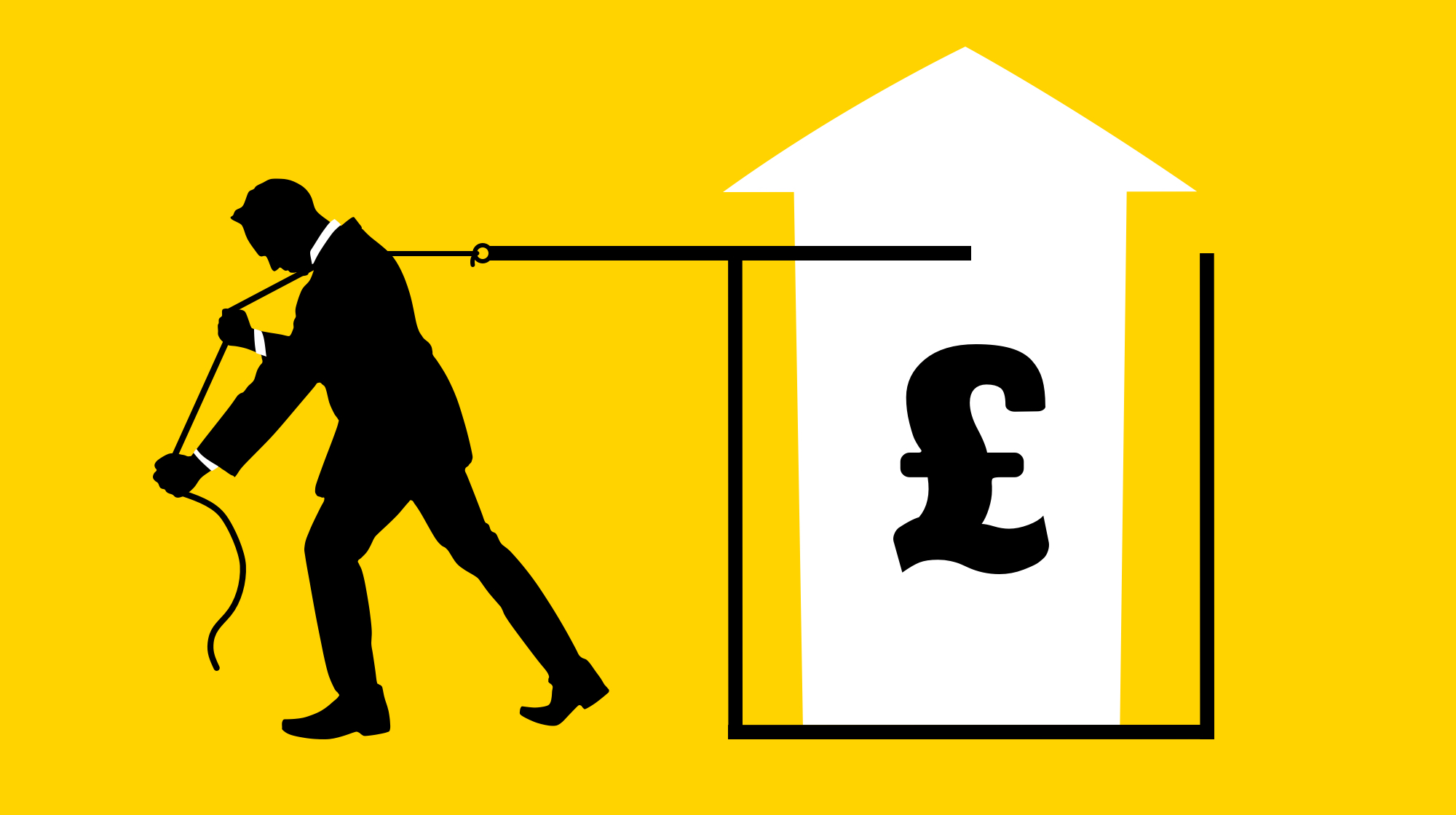Millions of UK households will fall into fuel poverty this winter as result of global price hikes for fossil fuels such as oil and gas.
More than £150 per annum will be added to fuel bills from this Autumn due to rising energy costs, according to Ofgem, the energy regulator.
The organisation protects struggling households with a price cap, which puts a ceiling on what energy suppliers can charge. Ofgem announced on Friday that the threshold for prepaying customers will increase by £153, meaning the average annual fuel bill will rise from £1,156 to £1,309.
For non-prepaying customers on default energy tariffs, bills will rise by £139 to £1,277 a year.
Fuel Bank Foundation (FBF), the charity set up to support people in fuel poverty, says the price cap increase couldn’t come at a worse time.





